Deep in the human brain, a very specific kind of cell dies during Parkinson’s disease. For the first time, researchers have sorted large numbers...
SCIENTIFIC NEWS
The food we eat is responsible for an astounding one-third of global greenhouse gas emissions caused by human activities, according to two comprehensive studies...
Ramses VI faced a smelly challenge when he became Egypt’s king in 1145 B.C. The new pharaoh’s first job was to rid the land...
Golden Syrian hamsters are highly susceptible to the coronavirus that causes COVID-19, a new study shows. While the species is popular among pet owners,...
On Jupiter’s moon Io, lava creeping beneath frost may give rise to fields of towering dunes. That finding, described April 19 in Nature Communications,...
Scientists are discovering a surprising bright side for some people with asthma: They are less susceptible to COVID-19. The very same immune system proteins...
Earth’s crust may have gone on the move roughly 3.8 billion years ago. A change in the chemistry of ancient zircon crystals from different...
Science News celebrates its 100th birthday this year. Across the century, we’ve covered the latest advances in science, technology and medicine, from the birth...
Booster shots against COVID-19 are once again on my mind. The U.S. Food and Drug Administration says that older people and immunocompromised people are...
Pterosaurs not only had feathers, but also were flamboyantly colorful, scientists say. That could mean that feathers — and vibrant displays of mate-seeking plumage...

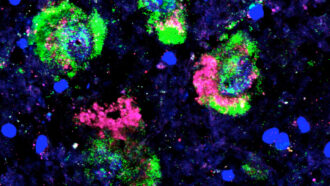 A very specific kind of brain cell dies off in people with Parkinson’s
A very specific kind of brain cell dies off in people with Parkinson’s  How much does eating meat affect nations’ greenhouse gas emissions?
How much does eating meat affect nations’ greenhouse gas emissions?  Ancient ‘smellscapes’ are wafting out of artifacts and old texts
Ancient ‘smellscapes’ are wafting out of artifacts and old texts 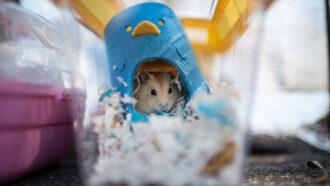 Some hamsters are extremely susceptible to COVID-19
Some hamsters are extremely susceptible to COVID-19 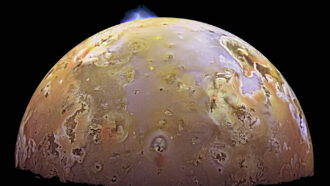 Lava and frost may form the mysterious lumps on Jupiter’s moon Io
Lava and frost may form the mysterious lumps on Jupiter’s moon Io 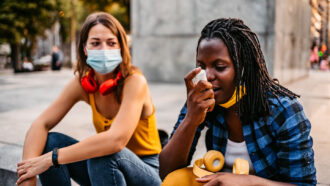 The body’s response to allergic asthma also helps protect against COVID-19
The body’s response to allergic asthma also helps protect against COVID-19 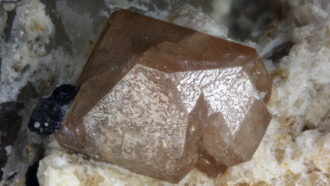 Ancient zircons may record the dawn of plate tectonics
Ancient zircons may record the dawn of plate tectonics 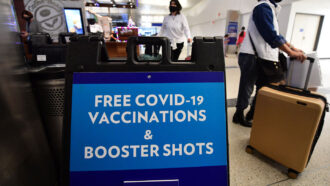 How I decided on a second COVID-19 booster shot
How I decided on a second COVID-19 booster shot 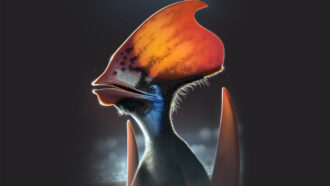 Pterosaurs may have had brightly colored feathers on their heads
Pterosaurs may have had brightly colored feathers on their heads 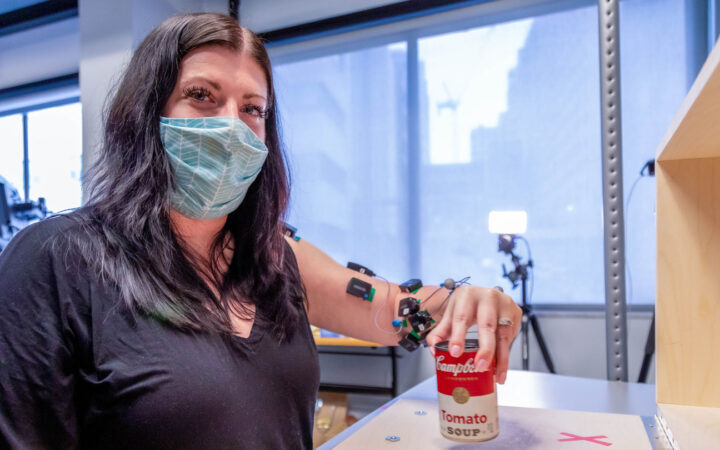 A new treatment could restore some mobility in people paralyzed by strokes
A new treatment could restore some mobility in people paralyzed by strokes 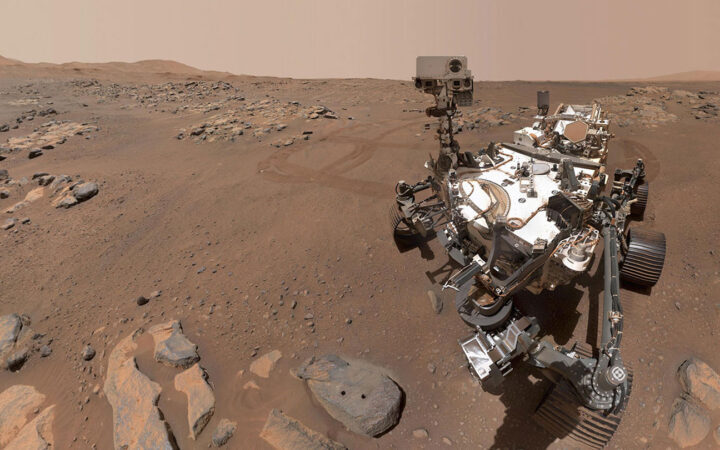 What has Perseverance found in two years on Mars?
What has Perseverance found in two years on Mars? 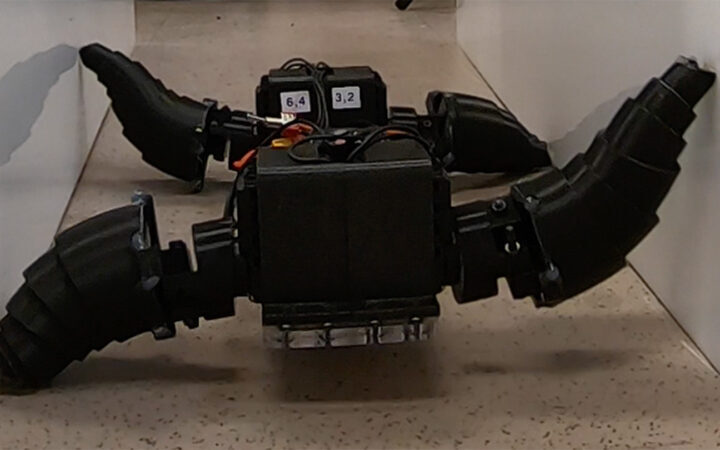 This robot automatically tucks its limbs to squeeze through spaces
This robot automatically tucks its limbs to squeeze through spaces  Greta Thunberg’s new book urges the world to take climate action now
Greta Thunberg’s new book urges the world to take climate action now